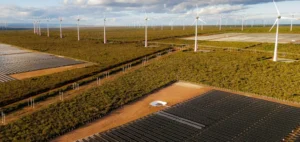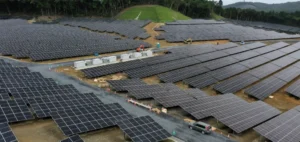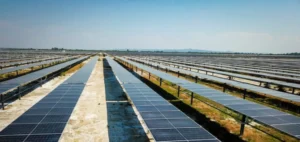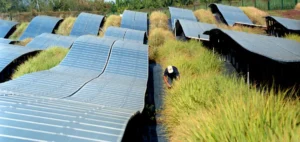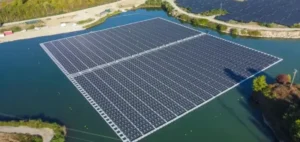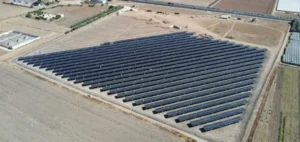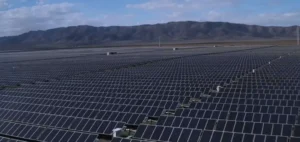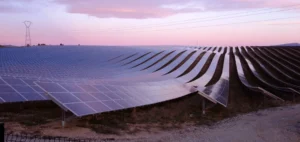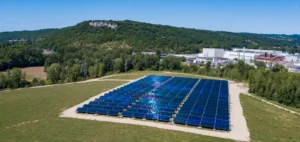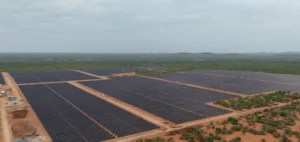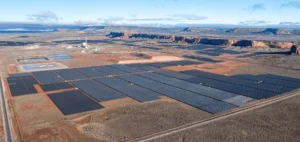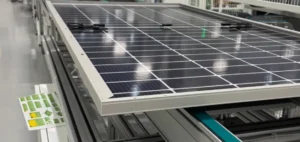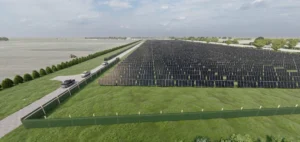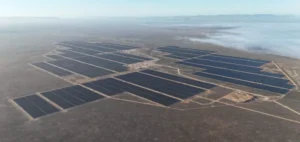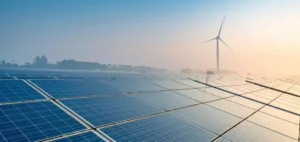Green Hybrid Power has finalised a financial agreement to develop a 1 gigawatt (GW) floating solar power plant on Lake Kariba, Zimbabwe. The company, led by businessman Eddie Cross, obtained $4.4mn (ZWD3.6mn) in funding from the African Export-Import Bank (Afreximbank) to finance feasibility studies and advisory services for project bankability.
Agreement between Green Hybrid Power and Afreximbank
The official signing of the agreement took place during the thirty-second edition of Afreximbank’s annual meetings in Nigeria. Mrs Kanayo Awani, Executive Vice President for Intra-African Trade and Export Development, signed on behalf of Afreximbank, while Eddie Cross represented Green Hybrid Power. This project marks a significant milestone for Zimbabwe’s energy sector.
The solar power plant will be rolled out in two phases. The first aims to install 500 megawatts (MW) dedicated to the Intensive Energy Users Group (IEUG), a consortium comprising major industrial and mining players in the country. Electricity will be supplied via a twenty-year power purchase agreement, with tariffs indexed to actual costs.
Response to energy demand and large-scale investment
The development of the floating plant is expected to mobilise a total estimated investment of $350mn (ZWD286.2mn) and strengthen the stability of energy supply for local industries, especially the mineral processing sector. Zimbabwe is currently facing a structural deficit: demand reaches 2,200 MW, while national production fluctuates between 1,000 MW and 1,400 MW, regularly causing extended power outages.
Green Hybrid Power aims to fill this gap by deploying a large-scale renewable energy solution. The choice of Lake Kariba, which already hosts a major hydroelectric power station, is strategic. However, hydroelectric production remains vulnerable to droughts that have affected water levels for several years.
Commitment to private investment and regional expansion
Zimbabwe’s energy sector is increasingly opening up to private investment. The Zimbabwe Energy Regulatory Authority (ZERA) has already granted more than 171 licences to Independent Power Producers (IPPs), encouraging supply diversification through standardised agreements to reassure investors.
Furthermore, this project is part of a continental dynamic driven by Afreximbank, which signed four project preparation agreements in 2025 for a potential $1bn investment in clean energy. The programme initiated on Lake Kariba thus illustrates the strategic repositioning of stakeholders towards large-scale renewable energy.
Green Hybrid Power continues to pursue the objective of strengthening Zimbabwe’s energy security while reducing dependence on imports and fossil fuel sources, a decisive issue for the national industrial economy.




